If you had to choose one word to describe the business environment for bakery over the last two years, ‘unpredictable’ would certainly cover it.
Nevertheless, we asked representatives from bakery businesses to gaze their crystal balls to see what the challenges and opportunities might be for the sector in 2022.
In the first of two instalments, here are the thoughts of leaders from Finsbury Food Group, CSM Ingredients, British Bakels and Puratos UK:

Daryl Newlands, marketing manager, Finsbury Food Group
Like many businesses, Covid-19 and in particular the Omicron variant, will likely have a tangible impact on labour both in our factories and various support functions. This will put further pressure on manufacturing and supply chain, areas which have been under pressure across the food manufacturing sector for many months now.
We will continue to navigate our way through these challenges as best we can with the aim always being to minimise the impact on our customers and shoppers alike. Recruitment of staff to mitigate any Covid-19 issues will remain important but challenging.
With consumers becoming much more aware of the ingredients used and where they are sourced from, being as transparent as possible through product labelling will form a critical part of the purchasing-making process in the year ahead.
The likes of Twitter, TikTok and Instagram must be used as consumer insight tools
That being said, refining product labels will also prove worthwhile in preparations for when the government introduces the new HFSS legislation. Although we are yet to see just how significant of an impact this will have on UK bakers, preparations must begin to evaluate which products won’t be compliant when the HFSS ban is introduced at the start of October 2022. Ranges will be reviewed, space reallocated, and new guidelines on location and promotion of products which don’t meet HFSS criteria will mean things will look very different when shoppers visit the cake fixture in their local supermarket.
Given that social media platforms continue to act as the primary sources of inspiration for those interested in baking and bakery products, the likes of Twitter, TikTok and Instagram must be used as consumer insight tools when anticipating what future formats and flavours should be brought to market. With baking ideas and recipes consistently listed among trending topics across the UK, collating this information can begin to draw an accurate picture of what preferences the new tech-savvy consumers may have in 2022.
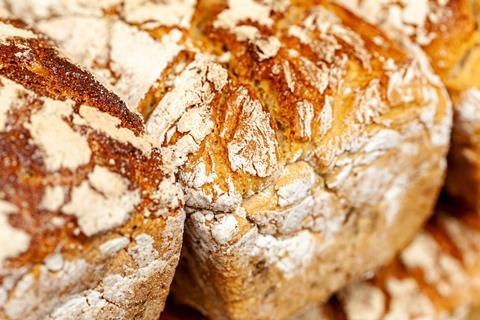
Miriam Bernhart, product marketing director, bread, CSM Ingredients
One of the biggest opportunities of 2022 is going to be the bounce back of bread products. A return to the ‘traditional’ has been growing and bread products are set to gain even more popularity during 2022.
It could be a tricky time for many across the whole of the food and beverage sector
As it’s the core of many businesses expect to see bakers flourish with signature high quality loaves and the inclusion of even more seeds and tasty toppings. Customers will be looking for originality and flexibility so a loaf that can be used by all the family for breakfast, sandwiches, after school snack and to accompany meals.
The cost of ingredients/increased cost of living will be coupled with pandemic recovery and it could be a tricky time for many across the whole of the food and beverage sector so a keen eye on value for money is key.

Michael Schofield, marketing manager, British Bakels
Supply chain challenges are well documented throughout the wider food category and bakery is no different.
Ongoing supply chain disruptions are expected to remain well into 2022. Availability of raw materials is likely to remain challenging for the next 12 months, as the UK faces unprecedented issues to the combination of Brexit, Covid-19 and labour shortages.
There is a great opportunity for bakeries and patisseries to tap into the vegan and plant-based wave
Health is as central as ever to consumer decision-making and for bakeries, this means opportunities. Increasing interest in products which deliver texture experiences means the (whole) fruit fillings are good options for bakers seeking to ‘premiumise’ a wide range of sweet bakery goods, like pastries, muffins, layer cakes and doughnuts.
There is also a great opportunity for bakeries and patisseries to tap into the vegan and plant-based wave and we believe those adopting a vegan diet shouldn’t have to compromise of the quality of sweet bakery goods available to them.

Philippa Knight, marketing director, Puratos UK
The food industry as a whole is facing a myriad of challenges, from hiked labour costs and driver shortages to rising material costs and increased energy prices. This comes at a time when consumer demand and preferences are rapidly changing, creating a perfect storm.
In order to stay ahead of the curve and remain relevant, businesses are increasingly having to innovate, embrace tech disruption, and be a trendsetter rather than follower – all while keeping an eye firmly on protecting the bottom line, redirecting resources to business-critical areas and ensuring future profitability.
Although this challenge will persist in 2022 and beyond, the sector is resilient to adversity and a new era could be on the horizon for those that choose to embrace it.
A willingness to be agile, to adopt digital processes and implement online delivery options, and put consumer demands for convenience, nutrition, taste, texture, and ethical choices at the core of operations, will mean businesses are better equipped to traverse new waters and successfully navigate the ever-evolving consumer landscape.
Integrating healthier alternatives into portfolios will not only help manufacturers and brands overcome the HFSS challenge
It’s an age-old adage that ‘out of adversity comes opportunity’ and this certainly rings true today. From October 2022, the promotion of food and drinks high in fat, sugar and salt (HFSS) will be restricted in UK stores, as part of the government’s strategy to tackle obesity and get the nation fit and healthy. The move has been mooted as the biggest single intervention into UK diets since rationing during the Second World War and there is no doubt that the new regulations present a challenge for the baking and chocolate industries.
Although demand for certain products will drop, the changes may present an opportunity for progressive businesses to innovate. Integrating healthier alternatives into portfolios will not only help manufacturers and brands overcome the HFSS challenge, as these are not subject to the same promotion restrictions, but they also align with changing consumer tastes.




















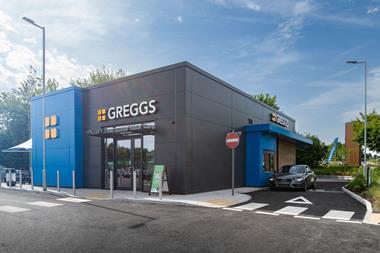
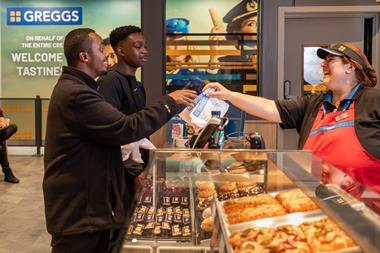






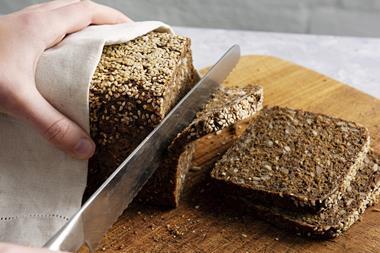
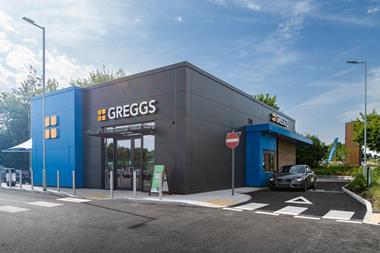



No comments yet